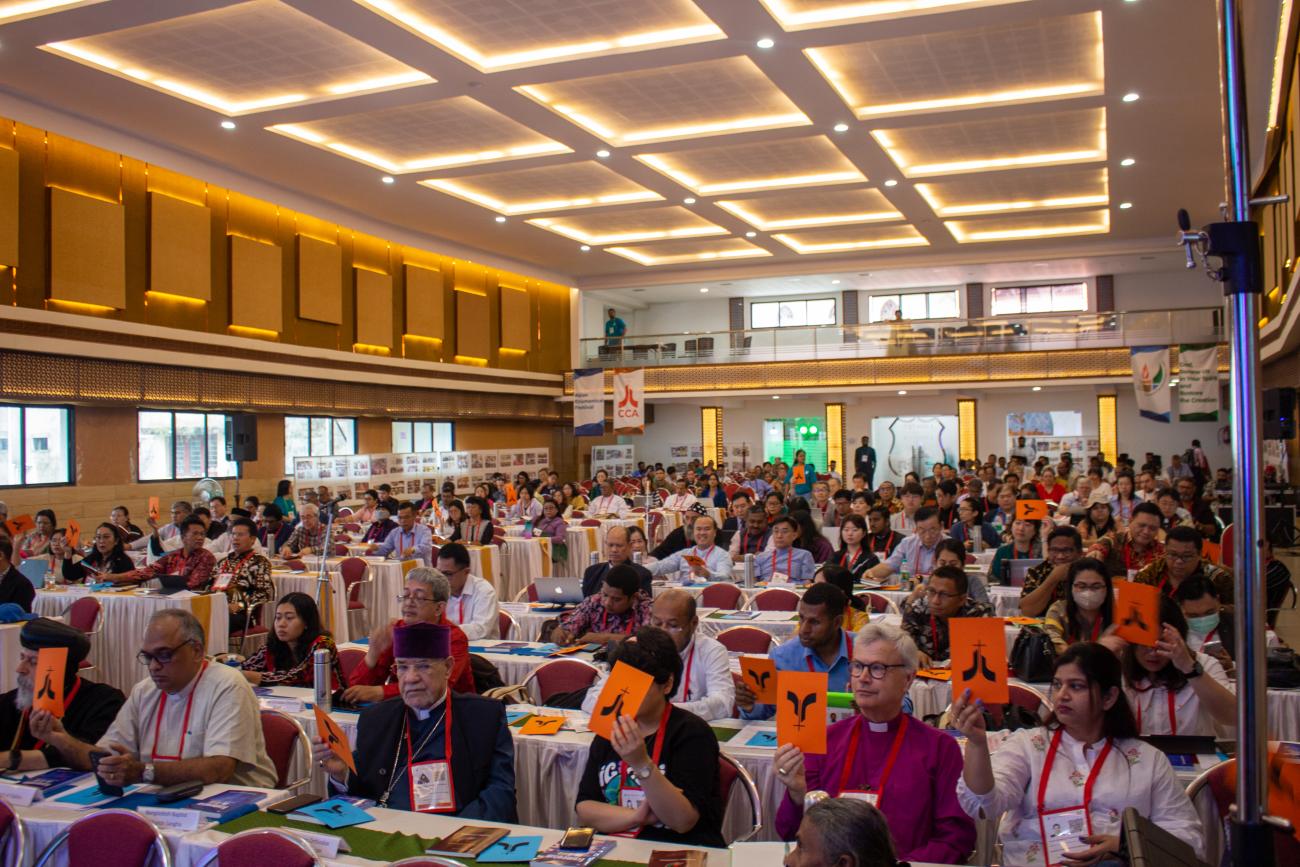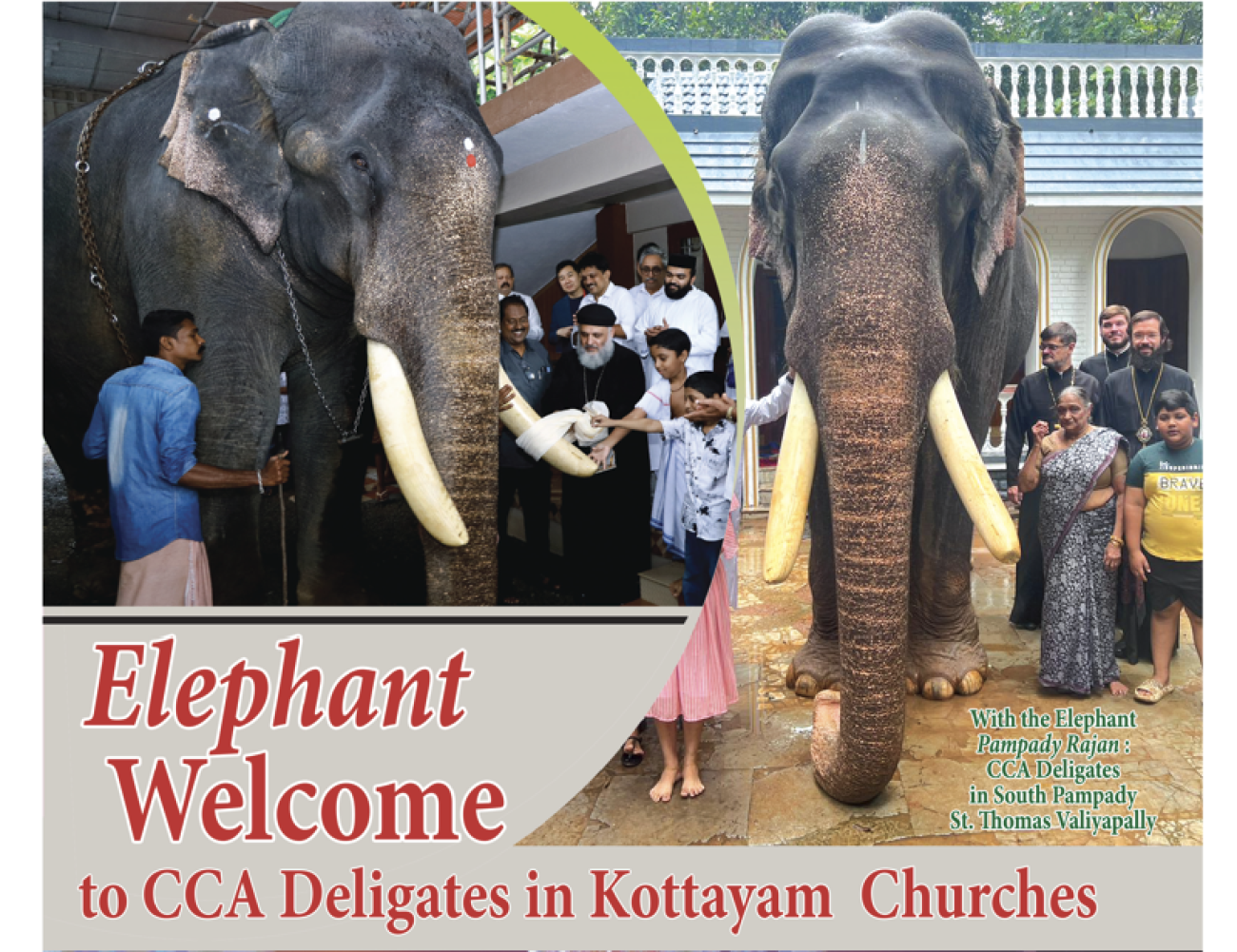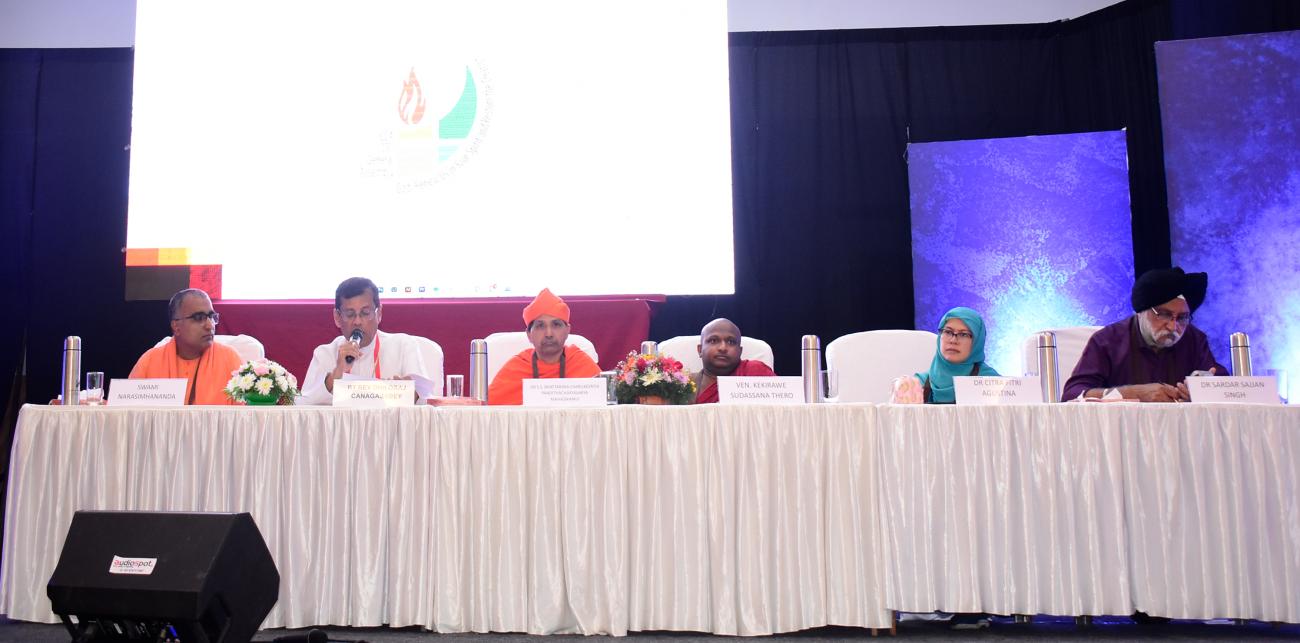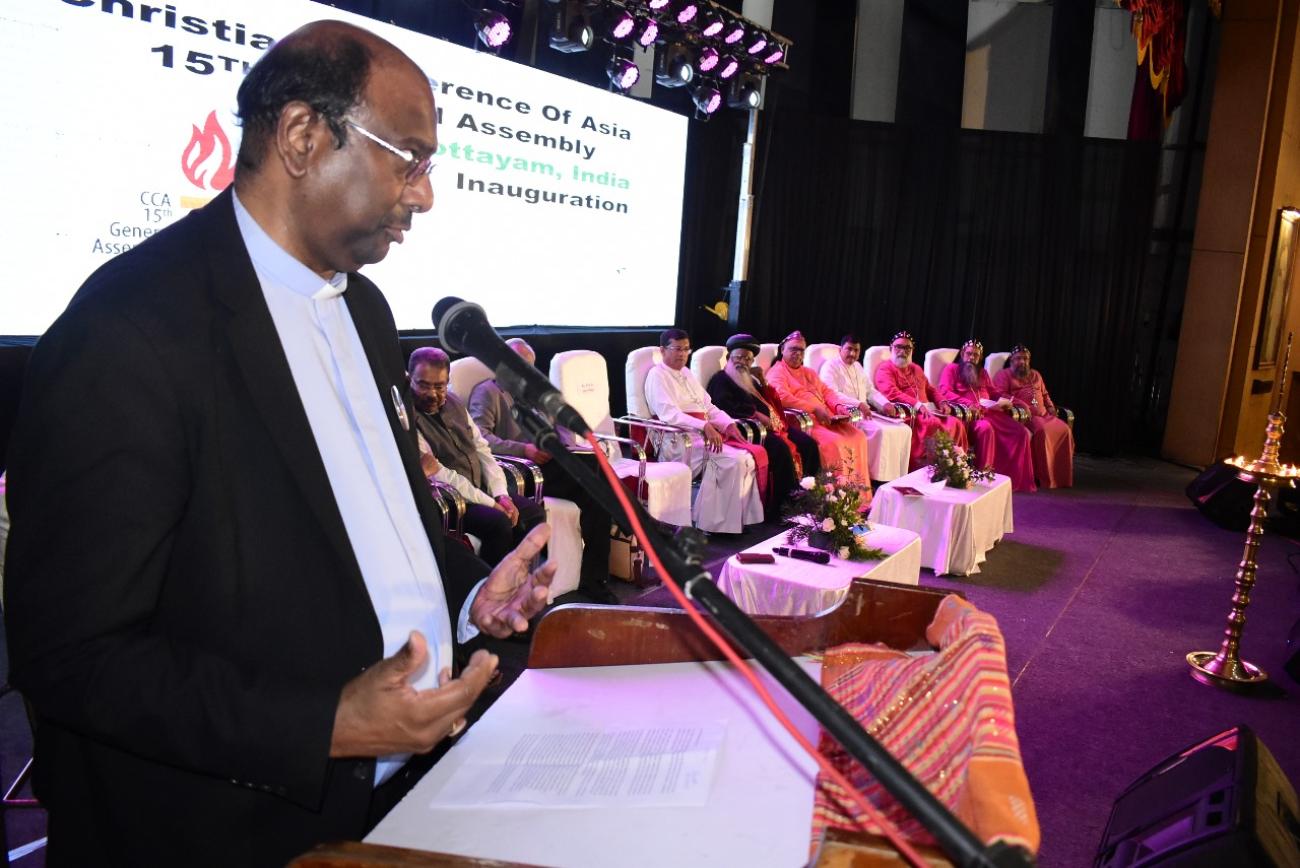CCA General Assembly decides on historic step of implementing consensus decision-making
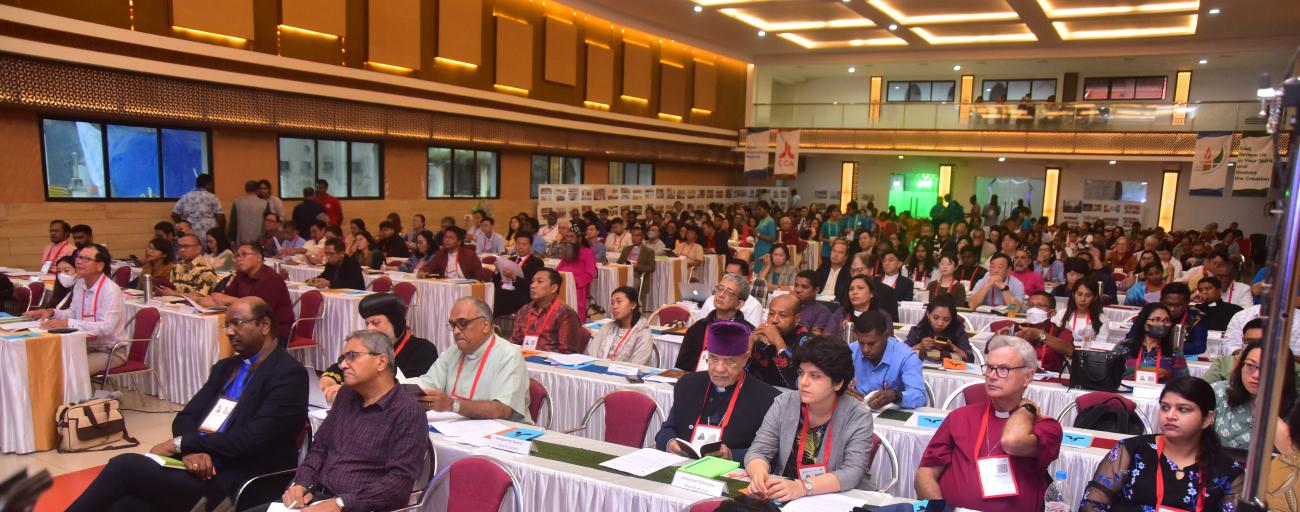
Kottayam: The 15th General Assembly of the Christian Conference of Asia (CCA) in one of the earlier sessions decided to introduce consensus decision-making.
As per this historic decision, consensus decision-making in the CCA and the procedures for implementing it in the conduct of meetings are to be used in meetings of all CCA governing and consultative bodies. The implementation of the newly introduced procedure of consensus decision-making will start at the 15th General Assembly.
Consensus is a process of seeking the common mind of the delegates in attendance at the meeting without resorting to a formal vote, engaging the delegates or members of a particular body in genuine dialogue that is respectful, mutually supportive, and empowering whilst prayerfully seeking to discern God’s will.
The CCA started the initiative of introducing a consensus decision-making process after a proposal put forward by the CCA General Secretary in his report to the Executive Committee meeting held in Phnom Penh, Cambodia in 2019; subsequently, the suggestion was followed up by the executive committee, which decided to introduce the consensus decision-making model at the 15th General Assembly.
As part of preparing the constituency, orientation sessions were conducted to seek the opinion of the leaders of CCA member constituencies during the Asian Church and Ecumenical Leaders’ Conference held in Jakarta, Indonesia in May 2023. The proposal was also shared with the churches, councils and delegates prior to the Assembly.
An orientation session was facilitated by Rev. Terence Corkin, a member of the outgoing Executive Committee of CCA, and Rev. Tara Tautari, the General Secretary of the Methodist Church in New Zealand at the beginning of the 15th General Assembly.
Expressing his satisfaction with the CCA General Assembly’s decision of the consensus decision-making process in CCA, the General Secretary of CCA Dr Mathews George Chunakara stated that by making a historic step in its ecumenical journey in welcoming the idea and introducing the new way of decision making by consensus, CCA member churches and councils once again proved their openness and maturity in welcoming new ideas and in sharing common experience for strengthening unity in diversity through cooperative processes in which all representatives of a responsible body develop and agree to support a decision in the best interest of the whole.
“The consensus decision-making process introduced in the World Council of Churches (WCC) two decades ago has been a learning experience for many Asian church and ecumenical leaders through their participation in the WCC events,” he added.
The CCA General Secretary explained that based on his own experiences in the WCC as its former staff, he was able to realise the value of following a consensus decision-making process in a Regional Ecumenical Organisation (REO) working closely with WCC ,and that he was determined to go ahead with the idea of convincing the Asian churches about the need for introducing the consensus decision-making process in CCA.
Dr Mathews George Chunakara thanked all delegates, the Asian church, and ecumenical leaders for embracing wholeheartedly the idea of introducing and putting in place the consensus decision-making process in CCA, which will be recognised as a historic milestone in the ecumenical journey of CCA.
“The new way of decision-making by consensus is a much-needed principle and practice in Asia’s diverse cultural contexts. This new model of decision-making will strengthen unity among the church members if practiced by every member church and council in Asia in their own local and national contexts,” opined the CCA General Secretary, who knows the national and regional contexts of Asian churches through his years of working together with them through WCC and CCA.
Consensus represents a united decision that satisfies all members of a decision-making body after discussion, consultation, and establishing of decision-making criteria.
For more photos (photo gallery) please click here: Deliberative Session 1 Programme Review 2015-2023 (in groups), 29 September 2023


